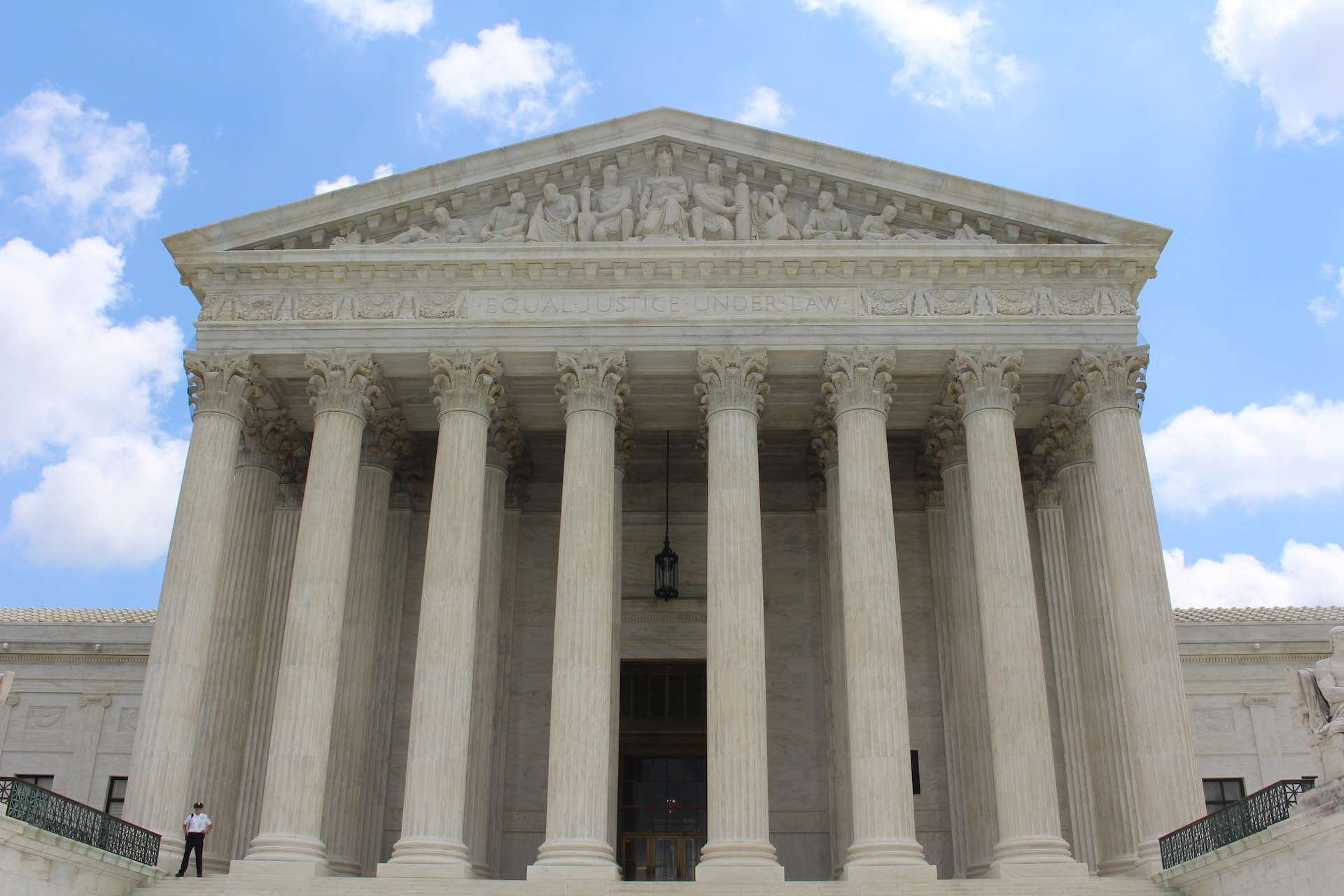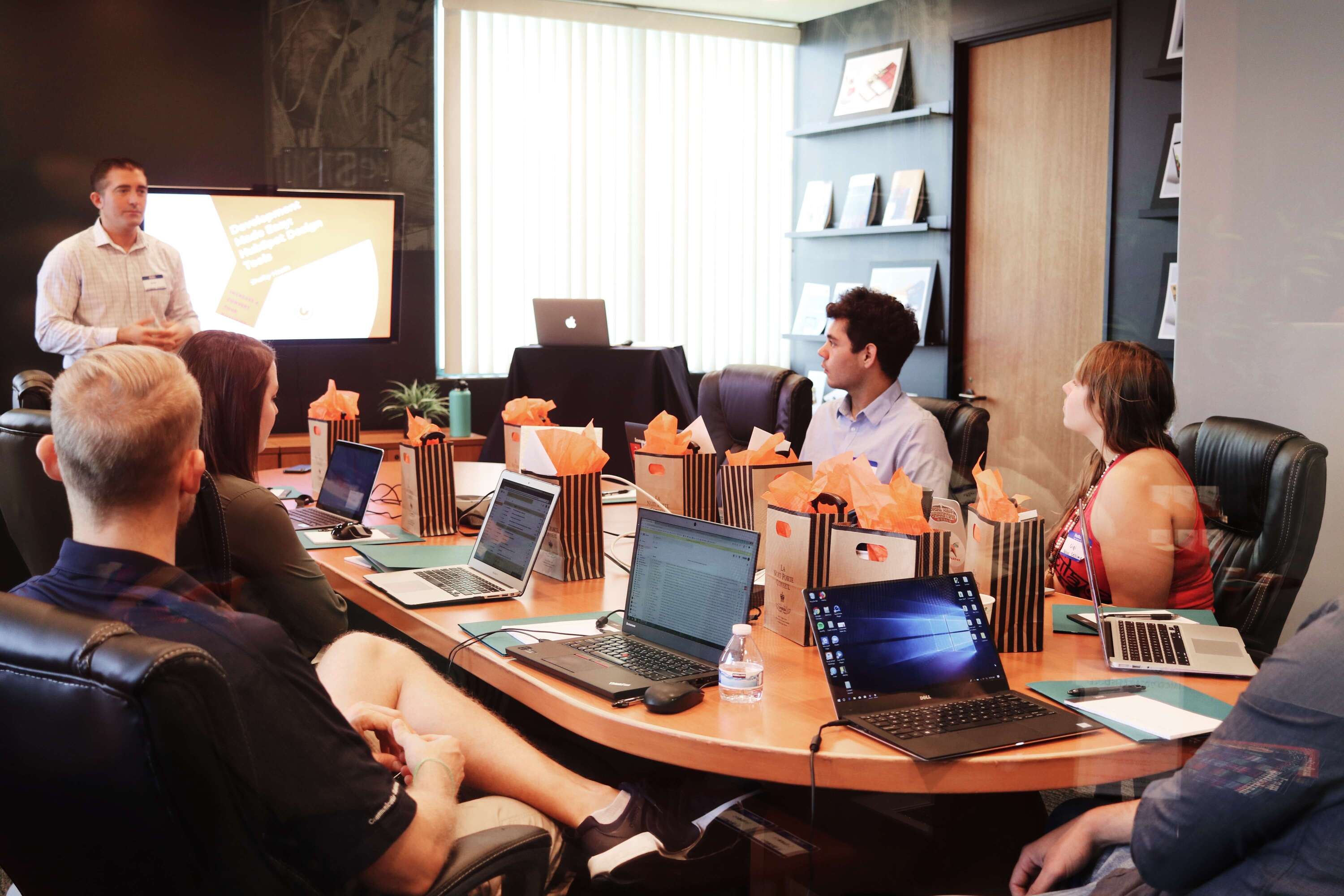Explore the most common DAO tools !
Oggi esistono 10798 DAOs attive secondo DeepDAO, con una tesoreria di circa $ 9.5 miliardi.
La verità è che le DAO sono proliferate su Web3 in più settori ed è difficile tenere il passo con le nuove che spuntano giorno dopo giorno.

Gli strumenti DAO sono l'insieme di software, apps e smart contract che una DAO utilizza per operare.
Possiamo identificare fino a 12 categorie che identificano questi strumenti in base all'attività e alle esigenze della DAO:
1. Treasury Management: la gestione della tesoreria comporta, ad esempio, nel budget e nella remunerazione, la gestione generale e il controllo dei flussi in uscita di massa di token. La possibilità per questi diversi strumenti di lavorare insieme è essenziale per costruire un meccanismo completo di gestione della tesoreria.
a. Parcel.money: una suite di strumenti per scalare le operazioni finanziarie DAO. Consente di eseguire pagamenti (o buste paga) di massa multisig e multitoken, una tantum o automatizzati.
b. Gnosis Safe: è un portafoglio smart contract che aiuta a garantire il decentramento sul controllo dei fondi DAO. Impone un n. minimo di persone (multisig) per approvare una transazione. Tale che, se un dipendente è negligente con la chiave privata, i fondi non vanno persi.
c. Llama: è una DApp multi-sig wallet, un altro strumento che facilita la messa in comune e l'allocazione delle risorse, comprese funzioni come prendere in prestito, fornire budget per progetti interni e riportare le transazioni effettuate.
d. Juice box: consente di progettare la pagina di raccolta fondi, impostare la struttura di finanziamento, definire come il progetto distribuirà i fondi e premiare i membri della comunità con token. Trattiene il 5% del denaro raccolto per ogni progetto.
e. Fairmint: fornisce all’ azienda un back-end completo per le parti interessate per eseguire e gestire un'offerta Rolling SAFE, acronimo di “Simple Agreement for Future Equity”, un accordo tra un investitore e una società che fornisce all'investitore diritti su azioni future nella società senza determinare un prezzo specifico per azione al momento dell'investimento iniziale. Il Rolling SAFE è simile ma consente di investire in una società in qualsiasi momento, con una valutazione implicita che cresce automaticamente man mano che vengono raccolti più fondi.

2. Governance & Voting:
La governance è il processo in cui membri e detentori di token partecipano direttamente al processo decisionale. Per amministrare efficacemente un'organizzazione decentralizzata, le DAO devono disporre di un metodo affidabile e accessibile per consentire ai titolari di token di votare su questioni chiave, tra cui il modo in cui i fondi del tesoro vengono distribuiti, spesi e allocati. Tra gli strumenti più popolari:
a. Snapshot: è uno strumento di voto decentralizzato basato sul sistema di archiviazione IPFS (non invia tx ad una blockchain, ma usa IPFS per archiviare i voti). Consente di votare fuori catena e consente di utilizzare NFT e token ERC-20 per calcolare il potere di voto. Poiché Snapshot non utilizza la verifica "on-chain", i voti sono essenzialmente senza commissioni (votare usando crypto comporta fees per elaborare il movimento da un wallet all’altro). Per questo motivo, Snapshot è una piattaforma molto attraente in quanto i membri possono creare proposte e votarle gratuitamente, a differenza della maggior parte delle altre alternative.
b. Boardroom: fornisce un'interfaccia in cui gli utenti possono facilmente stare al passo con le ultime proposte e impegnarsi nella governance della comunità. Consente inoltre alle DAOs di standardizzare le azioni ricorrenti come votare, delegare, ecc.
c. OpenLaw: mira a rendere accessibile la consulenza legale alle DAO. Consente agli utenti di creare accordi legali personalizzabili che verranno archiviati sulla blockchain di Ethereum a un prezzo inferiore, aiutando i professionisti legali a entrare nello spazio Web3.
d. Tally: è un altro strumento che consente alle comunità di votare, delegare voti e tenere traccia di chi ha votato, come ha votato, e delle proposte precedenti. Tally mira specificamente a rendere la governance on-chain completamente trasparente (non è necessario possedere token per rimanere aggiornato sulle proposte).
e. Paladin: il portale aiuta a depositare, gestire e prestare token di governance.
f. SafeSnap: Gnosis e Snapshot hanno creato SafeSnap per eseguire automaticamente i voti su Snapshot. Consente l'esecuzione decentralizzata di proposte di governance crittografica, attraverso l'esecuzione on-chain di voti off-chain (esegue automaticamente le tx che abiliterebbero la proposta una volta superato il voto di governance)
g. Commonwealth: è una piattaforma unificata che offre servizi per tenere discussioni, condurre votazioni e gestire fondi.
h. Sybil: creato su Uniswap, Sybil aiuta nella governance e nella delega on-chain.
3. Contribution&Reputation: In una DAO, la reputazione viene utilizzata per determinare chi può partecipare al processo decisionale e chi no.
a. Coinvise: i creatori che vogliono costruire una comunità e mantenere il coinvolgimento hanno bisogno di strumenti che semplifichino il lancio di un token o di un piano di incentivi NFT. Coinvise supporta la nascita di DAOs, consentendo ai creatori di avviare e trasferire il token della propria community tramite airdrops, programmi acquisiti e ricompense. In breve, potenzia la crescita ed il coinvolgimento della tua community.
b. SourceCred: man mano che le DAOs scalano, diventa sempre più difficile per la comunità concordare le dimensioni della remunerazione dei contributi individuali. SourceCred affronta questo problema tramite un algoritmo di compensazione utilizzando parametri oggettivi e soggettivi per misurare l'impatto di un contributo e la rispettiva dimensione retributiva, rendendoli visibili alla comunità.
c. Gitcoin: è stato creato per aiutare a compensare gli sviluppatori che vogliono contribuire ad applicazioni software open source significative.
I fondatori del progetto hanno riconosciuto che molte startup di software finiscono per essere abbandonate, soffrendo per la mancanza di finanziamenti e (soprattutto) di lavoro di sviluppo post-rilascio. Questa tecnologia consente alle aziende in via di sviluppo di attingere a soluzioni eleganti e innovative per problemi che altrimenti potrebbero essere difficili da affrontare a causa della forza lavoro o dei limiti di tempo.
d. Karma: tiene traccia dell'attività degli indirizzi nella DAO e assegna a ciascuno un punteggio di reputazione, permettendo di vedere rapidamente e facilmente quali indirizzi sono attivi e partecipano al DAO e quali sono inattivi o non contribuiscono.
e. RabbitHole: consente agli utenti di scoprire e utilizzare nuove app decentralizzate (d'apps), protocolli o piattaforme crittografiche in cambio di premi in criptovaluta. I partner possono utilizzare Rabbithole per distribuire token agli utenti attraverso prove di utilizzo e acquisire nuovi utenti esperti e coinvolti.
f. 101.xyz: 101 aiuta a lanciare il proprio hub di apprendimento basato su Web3, completo di badge NFT, premi crittografici, token-gating e altro ancora. In programma c’è aggiungere anche premi in token, in modo che le comunità possano allocare token ERC-20 come premi per gli studenti di successo.
g. Altri sono Metopia, SOURC3, PNTHN, Astraly Popula, Underdog Protocol, SourceCred, Orange Protocol, Krebit.
4. Knowledge Management: poiché le DAO si basano sul contributo di gruppi e spazi di lavoro frammentati, sorge la necessità di uno strumento che consenta, attraverso una rete comunitaria, di condividere e organizzare documenti e facilitare la creazione di progetti pubblici integrati.
a. Bip: fornisce uno spazio di lavoro della community integrato basato su documenti modificabili con Git e altre funzionalità come chat, classifiche e gestione delle autorizzazioni.
b. Clarity: uno spazio di lavoro della community all-in-one che unisce le funzionalità delle app Web2 Discord, Slack e Notion, risolvendo al contempo il problema di fornire l'accesso a tutti gli utenti tramite la tokenizzazione.
c. Gitbook: è una moderna piattaforma di documentazione in cui i team possono documentare qualsiasi cosa, dai prodotti alle knowledge base interne e alle API.
5. Legal: se desideri assumere dipendenti, stipulare accordi legali con altre entità, offrire protezione dei collaboratori dalla responsabilità, o risolvere dispute in modo decentralizzato, ti consigliamo di aggiungere strumenti legal al tuo progetto.

a. Kleros: Kleros è un'organizzazione autonoma basata su Ethereum che funge anche da "Corte suprema" per le DAOs verificando se una proposta sia compatibile con i valori della DAO e verificando che i budget approvati vengano utilizzati come specificato nella proposta originale. Opera come terza parte decentralizzata per arbitrare le controversie. I giurati (selezionati a caso) devono puntare i token Pinakion per partecipare. Alla fine, perdono la loro quota se votano contro la maggioranza, mentre vengono premiati se votano con la maggioranza.
Questo meccanismo incentiva i giurati a giudicare correttamente i casi. Blockchain garantisce che nessuna parte possa manomettere le prove né manipolare la selezione della giuria e che le sentenze vengano automaticamente applicate da contratti intelligenti.
b. Aragon Court: è una piattaforma di arbitrato Web3, accessibile tramite API a qualsiasi dApp ma completamente implementata nell'Aragon OpenStack.
6. Framework: presenta più strumenti e tipi di strumenti in un'unica piattaforma. Tuttavia, questi possono essere costruiti anche assemblando strumenti in altre categorie (ad es. Gnosis Safe + Snapshot + SafeSnap, o Aragon, o OpenLaw..)

Oltre a queste 6 categorie principali, nella prossima lezione saranno identificati ulteriori strumenti vitali ! Se stai lavorando su un'infrastruttura DAO o hai un feedback su questo pezzo, contattaci !